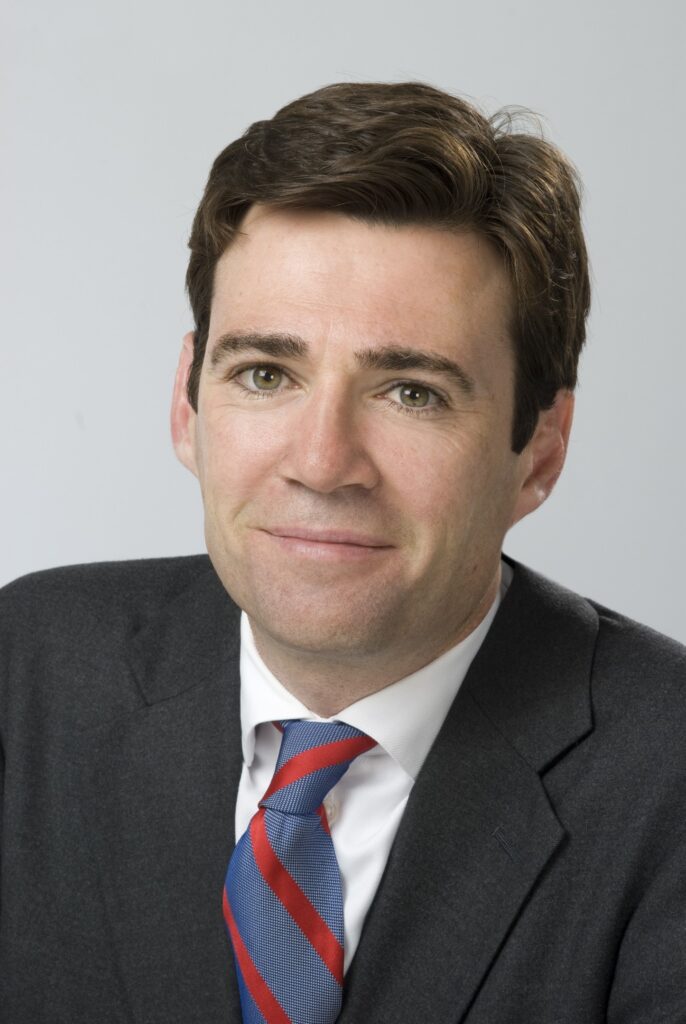Public Inquiry
Former PM John Major among top politicians to give evidence to the inquiry
Written by Jessica Bomford, April 1, 2022
A host of top politicians and government advisers from the last three decades will give evidence to the Infected Blood Inquiry over the next few months.
In what is likely to be the last year of oral evidence, the inquiry has called high profile names such as former Prime Minister John Major and former Health Secretaries Andy Burnham, Virginia Bottomley, William Waldegrave and John Reid. Sir Robert Francis QC, who compiled an independent review of compensation schemes, will give evidence to the inquiry in July, raising hopes that his report and the government’s response to it will be published well before his appearance.
Registration to book to attend the inquiry for these sessions opens on Wednesday, 6 April.
The key witnesses and the dates they give evidence are:
- David Mellor, health minister 1988-89 (19 May)
- Lord John Patten, junior health minister 1983-85 (20 May)
- Charles Lister, head of blood policy at the department of health 1998-2003 (8 June)
- Sir John Major, former chief secretary to the Treasury 1987-89, Prime Minister 1990-1997 (27 June)
- Baroness Virginia Bottomley, health secretary 1992-1995 (28 June)
- Prof Richard Tedder, honorary consultant virologist (29 & 30 June)
- Lord William Waldegrave, health secretary 1990 – 1992 (5&6 July)
- Sir Robert Francis QC (11&12 July)
- Andy Burnham, health secretary 2009-2010 (15 July)
Read the full timetable here.

There will be particular interest in evidence from Sir John Major who, as chief secretary to the Treasury in 1987 advised Prime Minister Margaret Thatcher that it would not be wise to set a ‘general precedent’ by compensating those infected as a result of the contaminated blood scandal.
Many people credit Andy Burnham’s final speech in the House of Commons in 2017 as being a tipping point in forcing the announcement of the Infected Blood Inquiry later that year. In his speech he threatened to refer a dossier of evidence to the police if an inquiry was not called and said there had to be an investigation into ‘these shameful acts of cover-up’.
There will also be evidence from government advisers and policy makers.
Follow the inquiry through the Haemophilia Society’s dedicated Twitter account or join our Facebook page for daily updates on evidence when the inquiry is sitting.